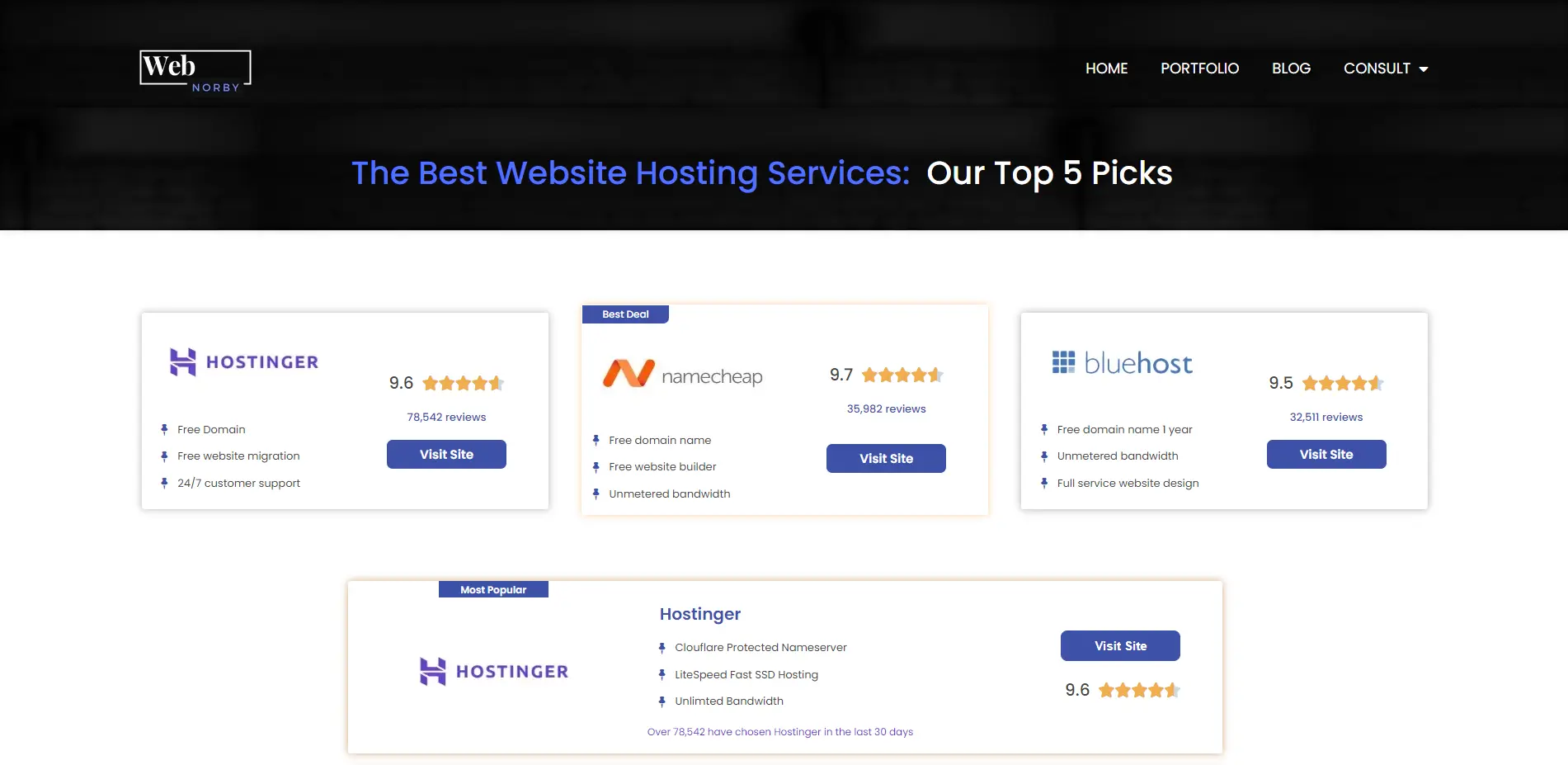In the digital age, building a strong online presence is not just an option; it’s a necessity. Whether you’re an aspiring blogger, an online entrepreneur, or a seasoned marketer, establishing your brand’s presence in the vast digital landscape is essential for success. And one powerful way to do that while earning a substantial income is through affiliate marketing.
What is online presence?
Online presence refers to the visibility and accessibility of an individual, business, or entity on the internet. It encompasses all the digital channels and platforms where an entity can be found, interacted with, or discovered by online users. An online presence is a fundamental aspect of establishing and maintaining a digital identity in the modern world.

Components of an online presence typically include:
- Website: A website serves as the central hub of an online presence. It provides information, products, services, and a means for interaction with visitors.
- Social Media Profiles: Profiles on popular social media platforms like Facebook, Twitter, LinkedIn, Instagram, and others contribute to online presence. These profiles allow for engagement with a broader audience.
- Blogs and Content: Content creation, such as blogs, articles, videos, and podcasts, helps in building authority and attracting an audience interested in specific topics or niches.
- Search Engine Listings: Visibility in search engine results, particularly Google, is critical. This involves search engine optimization (SEO) efforts to rank higher in relevant search queries.
- Online Communities: Participation in online forums, discussion groups, and communities related to your field or interests can enhance your online presence.
- Email Marketing: Maintaining an email list and sending newsletters or updates to subscribers is another way to stay connected with your audience.
- E-commerce Platforms: For businesses, online marketplaces like Amazon, eBay, or Etsy contribute to their online presence.
- Reviews and Ratings: Reviews and ratings on platforms like Yelp or TripAdvisor can significantly impact the online reputation of businesses.
- Paid Advertising: Online advertising, such as pay-per-click (PPC) campaigns, can increase visibility among targeted audiences.
A strong online presence is essential for businesses, individuals, and organizations to reach their target audience, establish credibility, provide information, and engage in meaningful interactions. It can also be a powerful tool for marketing, branding, and achieving various goals, whether personal or professional.
What is Affiliate Marketing?
Affiliate marketing is a performance-based marketing strategy where individuals or businesses promote products or services of other companies and earn a commission for every sale or lead generated through their marketing efforts. It’s a win-win arrangement: companies can expand their customer base, and affiliates can earn money by leveraging their online presence.


Step 1: Build Your Online Presence
Before you dive into affiliate marketing, you need a solid online presence. Here’s how to get started:
- Define Your Niche: Determine your area of expertise or interest. Choosing a niche helps you focus your content and attract a specific audience.
- Create a Website or Blog: Establishing your online presence begins with a website or blog. Choose a domain name that reflects your niche and create high-quality, engaging content that provides value to your audience.
- Optimize for SEO: Search engine optimization (SEO) is crucial for visibility. Use relevant keywords, optimize your site structure, and ensure fast loading times to improve your search engine rankings.
- Build a Social Media Presence: Leverage social media platforms to connect with your audience. Share your content, engage with followers, and build a community around your niche.
- Email Marketing: Collect email addresses from your website visitors and social media followers. Email marketing is an effective way to nurture leads and promote affiliate products.
Step 2: Join Affiliate Programs
Once you have a solid online presence, it’s time to partner with affiliate programs. Here’s how:
- Research Affiliate Programs: Look for affiliate programs that align with your niche. Research their products, commission structures, and track records.
- Apply and Get Approved: Apply to the affiliate programs you’ve chosen. Most programs have an application process, so be prepared to share information about your online presence.
- Promote Relevant Products: Select products or services that are relevant to your audience and content. Authenticity is key; promote products you genuinely believe in.
- Use Tracking Links: Affiliate programs provide tracking links unique to you. Use these links in your content to ensure you receive credit for sales and leads.
Step 3: Create Valuable Content
Content is the cornerstone of affiliate marketing success. Here’s how to create content that converts:
- Informative Reviews: Write detailed and honest product reviews. Highlight the benefits and drawbacks to help your audience make informed decisions.
- Tutorials and Guides: Create how-to guides or tutorials related to the products you’re promoting. Show your audience how these products can solve their problems.
- Comparison Articles: Compare different products or services within your niche. Offer recommendations based on your experience.
- Email Marketing: Use your email list to promote affiliate products. Craft compelling email campaigns that address your subscribers’ pain points.
Step 4: Engage and Build Trust
Building trust with your audience is crucial for affiliate marketing success:
- Be Transparent: Always disclose your affiliate relationships in your content. Transparency builds trust with your audience.
- Provide Value: Your primary goal should be to provide value to your audience. Solve their problems and offer solutions.
- Engage with Your Audience: Respond to comments on your blog and engage with your social media followers. Show that you care about your community.
- Test and Optimize: Continuously analyze your affiliate marketing efforts. Identify what’s working and what’s not, and make necessary adjustments.
Step 5: Scale Your Efforts
As your online presence grows, consider scaling your affiliate marketing efforts:
- Diversify: Explore new affiliate programs and products to promote. Diversification can increase your income potential.
- Automate Where Possible: Consider using tools and automation to streamline your affiliate marketing tasks, such as link management and reporting.
- Collaborate: Partner with other influencers or content creators in your niche for joint ventures or affiliate promotions.
In conclusion, building an online presence and earning through affiliate marketing is a powerful combination. By focusing on your niche, creating valuable content, and building trust with your audience, you can not only strengthen your online presence but also generate a significant income through affiliate marketing. Remember that success in affiliate marketing takes time and persistence, so stay dedicated to providing value to your audience and watch your online presence and earnings grow
Start building your online presence today, with top 7 website builders and 5 best web hosting plans.
Click here to watch how you can build a simple blog and earn with affiliate marketing
